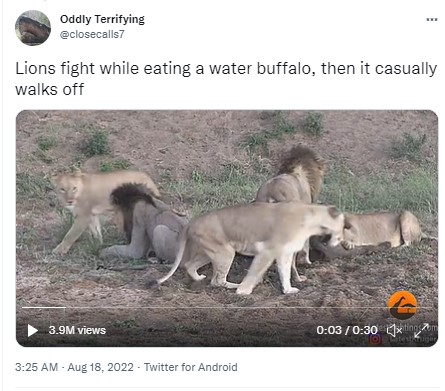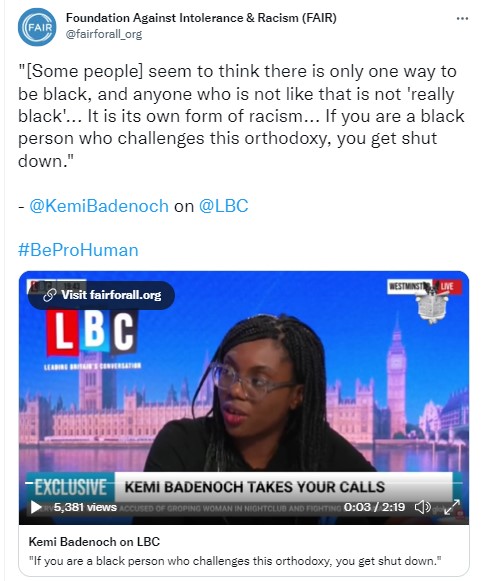At Heterodox Academy, Jonathan Zimmerman, a professor of education and history at the University of Pennsylvania, argues that universities "need to pay attention to differences of class as well as of race, ethnicity, and gender." He was recently interviewed on this point at Heterodox Out Loud.. He also wrote on this topic at the HxA blog. Here is an excerpt:
That’s not the kind of tale my student has heard very often in his classes, which focus heavily upon the inequities and bigotries of America. But there’s one bigotry they almost never address: the one against people like him. Immigrant and working-class students who rise up the economic ladder run counter to the dominant narrative about America at elite institutions like my own. So we tend to omit their stories, even as we admit more students who have lived them.
The irony here should be obvious. Our campaigns to diversify the student body aim to make the country more just, fair, and equitable. We want to help students from less advantaged backgrounds participate more fully in the bounty of America. But after they get to America, we tell them that the whole game is an elaborate hoax and that people with “privilege” always win it.
Let’s be clear: America is a radically unequal nation. As a wide swath of research confirms, it has become harder for poor and working-class people to own homes, access higher education, and increase their real wages. But it is not impossible. Suggesting otherwise denies the “lived experience” of our working-class and first-generation students, to quote a favorite academic buzz phrase. It makes them think that they don’t belong here, even though they do.
But don’t expect to hear much about that at your next faculty seminar about diversity, inclusion, and equity. There’s lots of talk about making less advantaged students feel at home, of course. Yet most of it focuses on material issues — like food insecurity and the cost of books — or on raising awareness about microaggressions and other slights racial and ethnic minorities suffer.


